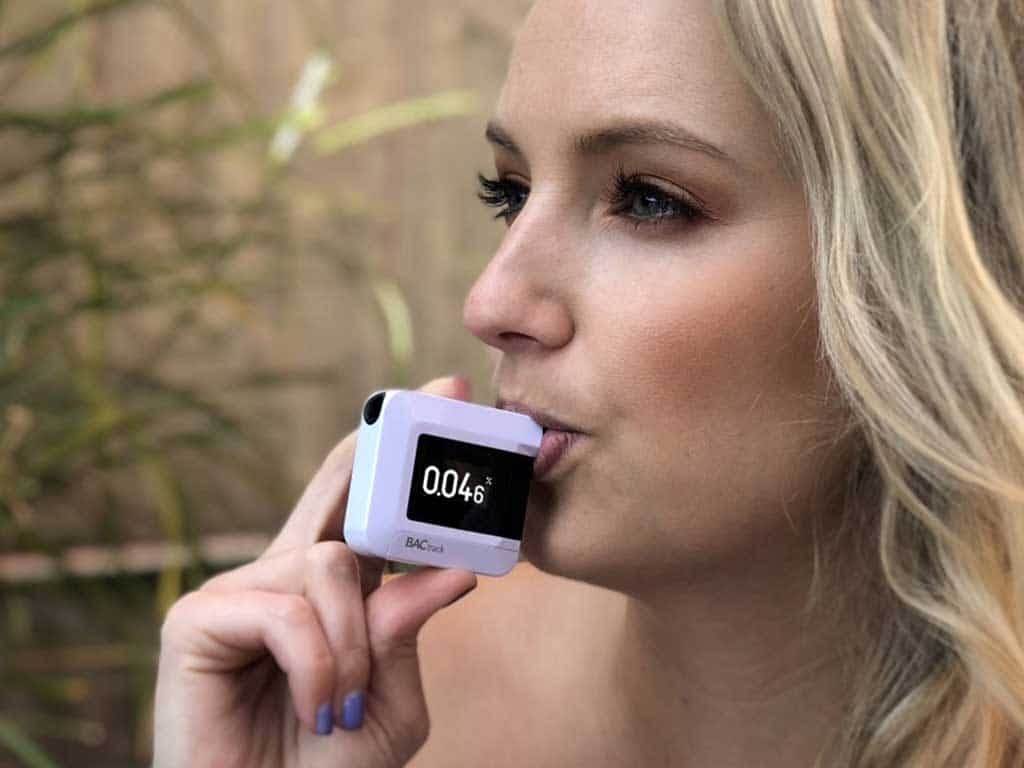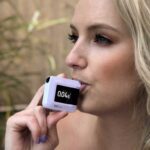
After a night of celebration or consuming alcohol, many people believe that they can control their bodies and manage to drive safely. Unfortunately, however, that is not the actual case, and some people end up in the hands of the police submitting a roadside screening breath test. Law enforcers test the breaths of suspected drivers for driving under the influence (DUI) of alcohol. They use professional breathalyzers to measure blood alcohol content (BAC) accurately. If you have a BAC over the legal limit (0.05% in Australia), you will face criminal charges and penalties. People are now trying their best to avoid acquiring the penalties. There are even misconceptions about mouthwash and breathalyzer tests to avoid getting a DUI charge.
Some people think they can get low BAC results by using a few tricks. Misconceptions like sucking on pennies and eating mints have gotten famous. The mouthwash and breathalyzer test trick is another misconception that has gone viral. They think that using a mouthwash before a test could reduce BAC. The truth is these tricks don’t work at all. The myth is that sucking on pennies will create a chemical reaction to reduce the BAC. The misconception is that pennies containing copper and zinc interfere with the breathalyzers. Sucking on pennies does not impact devices like professional breathalyzers or BACtrack personal breathalyzers. When police administer a breath test, they will ensure that nothing else in your mouth will affect your BAC.
Mouthwash and Breathalyzer Test: Does it Work?
Another common misconception is that eating mints, gums, or mouthwash and breath sprays will reduce your breath alcohol concentration. Contrary to the belief, the mouthwash and breathalyzer test trick does not work. While a mint, gum, or mouthwash may reduce the odour of alcohol in your breath, it does not affect or reduce the amount of alcohol in the blood. Mouthwash contains alcohol, and testing with a breathalyzer after using mouthwash may even increase your BAC readings. This error is primarily possible on the more budget semiconductor units. BACtrack personal breathalyzers and professional law enforcement breathalyzers use fuel cell sensors. These sensors are precise and cannot be affected by external factors such as cigarette smoke and alcohol from a mouthwash. These sensors are sensitive to ethyl alcohol only and are less likely to give false positive or inaccurate results.
Getting out of police or legal complications is messy. It is best to be safe and sure rather than ignoring the risks of driving after alcohol consumption. Using the mouthwash and breathalyzer test trick may not work. The best thing you can do is use a personal breathalyzer to measure your BAC before getting behind the wheel. BACtrack personal breathalyzers use police-grade sensors them. This technology ensures that you get accurate results even through self-tests. Knowing your BAC could help with your alcohol consumption monitoring. A personal breathalyzer can help inform you when your BAC is low enough to drive.
Related Articles:
- Importance of Employee Drug Tests in Australia
- Information on the Alcohol Driving Limit
- What is the Best Personal Breathalyzer






























